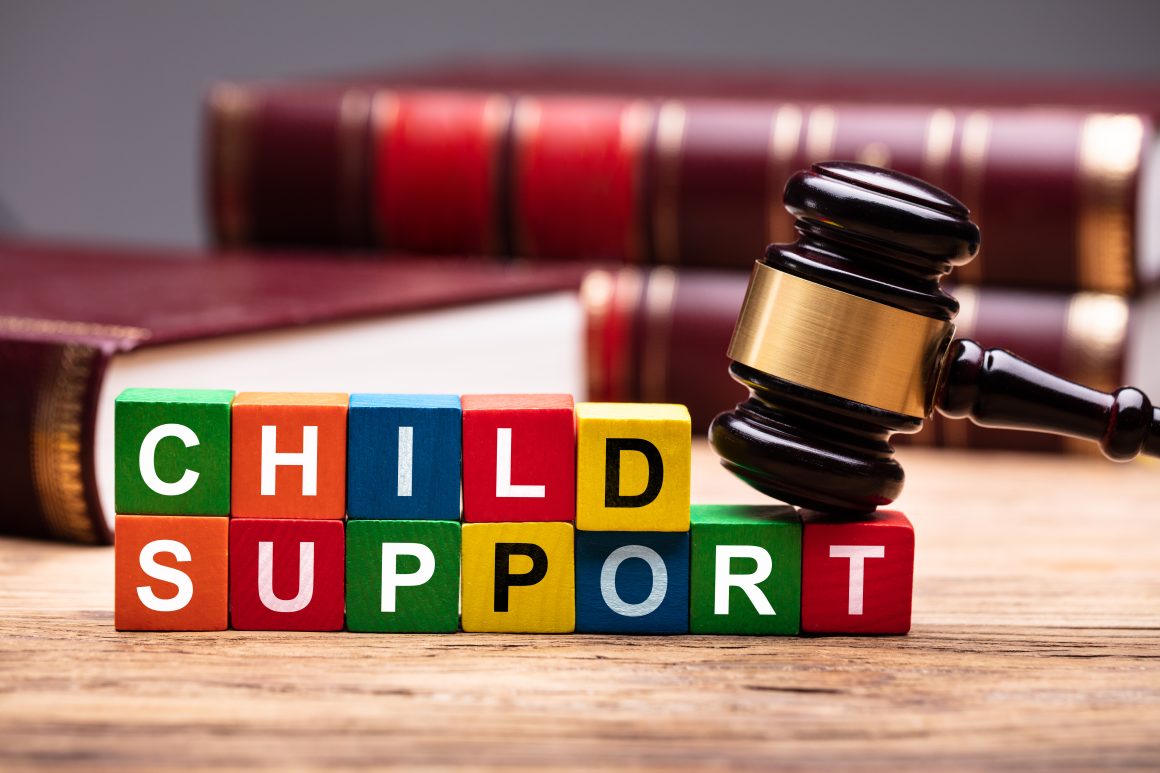Not every relationship lasts forever. Ideally, couples can just separate and don’t have to deal with each other anymore. However, if the partnership has produced an offspring or two, the situation becomes a tad bit more complicated.
When a child is born, both parents have the legal duty to support them. If both parents decide to divorce or separate, one will get custody of the kid and the other will need to provide child support until the young child reaches adulthood. Child support details are usually hashed out and finalized during the court proceedings of the couple involved.
Unfortunately, most people fail to pay child support. While some do this on purpose, others simply can’t afford it because they may have suffered a medical condition, serious injury, or job loss, reducing their income. In this case, it’s best to be proactive in seeking help. You can consult a reliable law firm like Criminal Law Group to help in communicating and revising child support orders. If you’re interested, know more about their services by visiting their website over here.
But what exactly happens if you fail to pay child support? Below are some of the numerous consequences that you may face if you don’t pay the mandated child support amount.
1. Negative Impact On Your Credit Report
A child support order is considered a legal obligation like other debts. And when this debt isn’t paid, the delinquent status will be reported to credit bureaus which can make a significant impact on your individual credit score and history. Poor credit status can make it difficult to get loans or any financial help from lending companies.
Not only that but the delinquent status will also be seen by potential employers, prior to accepting or extending an offer of employment. This can have a significant impact on an employment manager’s opinion on whether or not you should be hired.
2. Withheld Income
Income withholding is one of the most common strategies used to get child support. This mechanism allows a child support agency to send a legal order to an individual’s employer to withhold certain amounts from their paycheck to settle child support obligations.
This mechanism may also be used to withhold funds from workers’ compensation, unemployment benefits, Social Security Disability compensation, and other sources of income. This means that any money or income deposited into your account can be taken by the authorities to collect overdue child support payments and then forwarded to the custodial parent.
Some states already include income withholding orders in all new child support cases. But if this wasn’t made during the inception of child support obligations, missed payments may cause the court to order it later.
3. Suspension Of Licenses
Another possible consequence of non-payment of child support is the suspension of licenses.
In general, the driver’s license–regular or commercial license–of the non-custodial parent is revoked. But, other than the driver’s license, some states may also permit agencies to revoke or suspend other types of licenses such as professional or business licenses, as well as recreational licenses like fishing or hunting licenses.
For instance, a licensed plumber who’s behind on child support payments may receive a notification that their license will be suspended until their child support obligations are paid.
4. Passport Denial
A non-custodial parent who owes child support may also be denied a passport. This means that it may be impossible to obtain a passport for international travel when you have overdue child support payments. It doesn’t matter if you’re traveling for pleasure or business, if it’s discovered that you’re behind on your child support payments, your application for a passport will be denied.
5. Seizure Of Assets
If you have an outstanding balance on child support or refuse to pay, the child support agency may be able to seize any assets you have–home, rental properties, car, cash on hand, bank assets, stocks and bonds, and even the contents of your safe deposit.
Nothing is off-limits, and every asset you have can be seized if you don’t pay your obligation.
6. Jail Time
When child support obligations fall far behind or if you refuse to pay, and attempts to collect are unsuccessful or unanswered, the court may deem you in contempt. This will result in legal action, including incarceration. In simpler terms, you may end up in jail for not keeping up with your child support payments.
Takeaway
As you can see, not paying child support–intentional or not–could put you in a tight position. While each state handles its own child support payments and consequences, failure to pay child support is against federal law. The resulting drawbacks can disrupt your daily life and even put you behind bars.
If you’re unable to pay the child support for some reason, it’s best to consult an attorney so you can inform the court and request a change. This prevents you from facing severe penalties and allows both parties to come up with a better child support amount.
